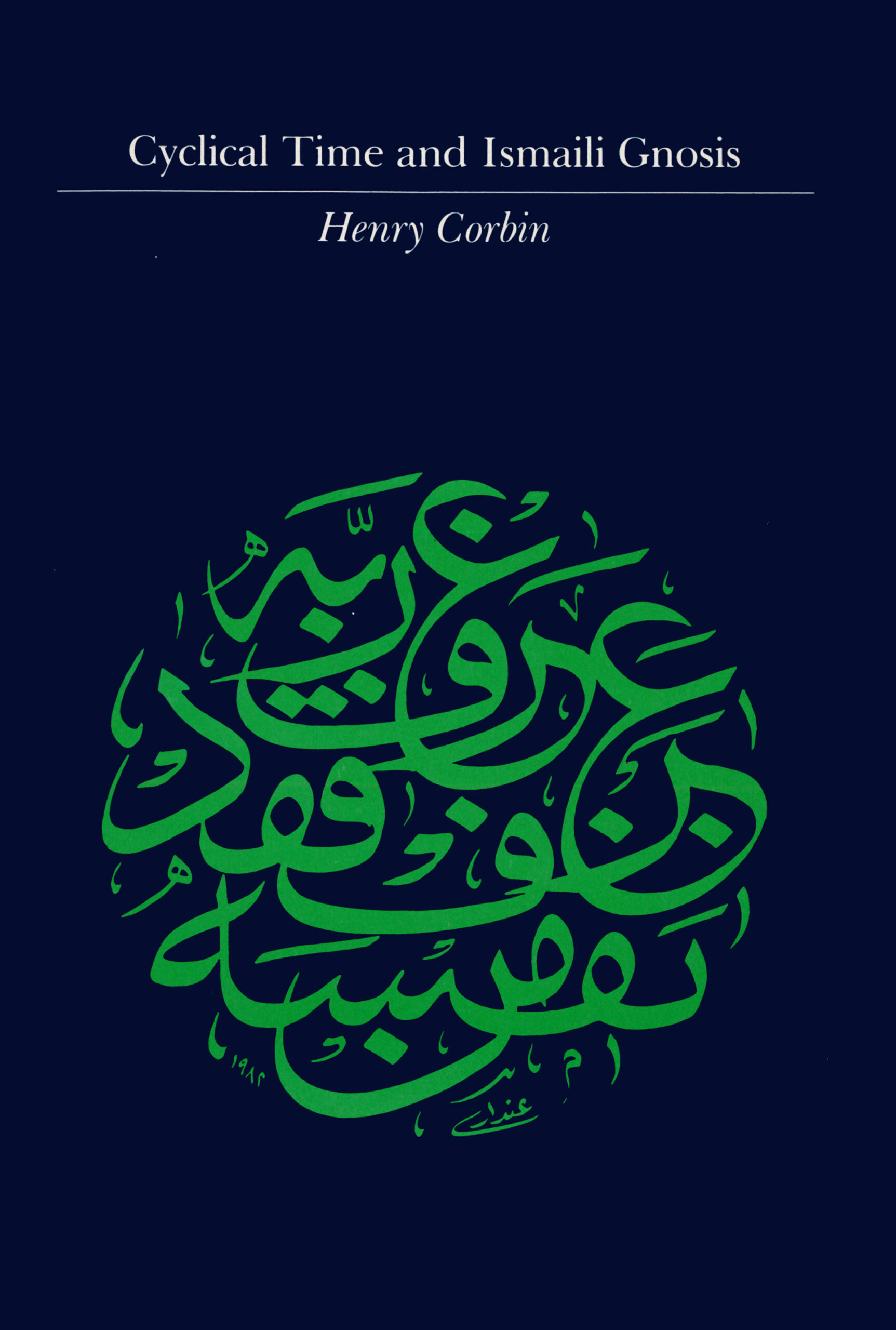Cyclical Time and Ismaili Gnosis comprises three of Henry Corbin’s (1903–1978) lectures on fundamental themes of classical Ismaili thought. The Ismaili tradition, a branch of Shiʿi Islam, derives its identity from a unique conception of Prophethood and the Imamate, seen as manifestations on Earth of ‘events in Heaven’.
Thus, the notion of cyclical time in Ismaili hiero-history constitutes the main focus of the first lecture. This evokes the parallel of analogous themes in certain religions of pre-Islamic Iran, as well as in an early Christianity ‘that had long returned to the paradise of the archetypes’.
In the second lecture, which is a key study of Ismaili gnosis as a whole, Professor Corbin’s penetrating analysis of its docetistic background points to the dynamics of the doctrine of the Imams. The underlying concept of divine epiphany is entirely different from a doctrine of incarnation in historical time. At any one time, the Imam can be the symbol of the self, so that ‘he who knows himself, knows his Lord’, is born spiritually and becomes part of a cosmic process of resurrection.
Against this gnostic background, the third lecture examines the possibility of concrete historical contacts between the gnostic movements of late Antiquity and early Ismailism. The author’s comparison of dominant themes in all forms of gnosticism leads to the conclusion that we are here in the presence of a ‘world religion’ (Weltreligion).
Editorial Note
1. Cyclical Time in Mazdaism and Ismailism
Translated by Ralph Manheim
1. Cyclical Time in Mazdaism
The Ages of the World in Zorastrian Mazdaism
The Absolute Time of Zervanism
Dramaturgical Alterations
Time as a Personal Archetype
2. Cyclical Time in Ismailism
Absolute Time and Limited Time in the Ismaili Cosmology
The Periods and Cycles of Mythohistory
Resurrection as the Horizon of the Time of “Combat for the Angel”
2. Divine Epiphany and Spiritual Birth on Ismailian Gnosis
Translated by Ralph Manheim
1. The Metamorphoses of Theophanic Visions
2. Ebionite and Ismailian Adamology
3. Hierarchies and Cycles: The Fundamental Angeleology of Ismailism
4. Imamology and Docetism
5. The Eternal Imam
6. The ‘Quest of the Imam’
3. From the Gnosis of Antiquity to Ismaili Gnosis
Translated by James W. Morris
Subject Index
Index of Authors and Titles
After long periods spent in Turkey, Syria, the Lebanon, Egypt and above all in Iran, from 1954 until 1974, Henry Corbin held the position of ‘directeur d’études’ at the École Pratique des Hautes Études (Ve section), being the successor of Louis Massignon. In Tehran, during these same years, he organized the Department of Iranology of the Franco-Iranian Institute. There, he established and directed the ‘Bibliothèque Iranienne’, an important collection of editions of original Persian and Arabic texts together with analytical studies.
Henry Corbin died on 7 October 1978 at the age of 75. His many publications illustrate a life spent in studies in comparative philosophy and Islamic concepts.

